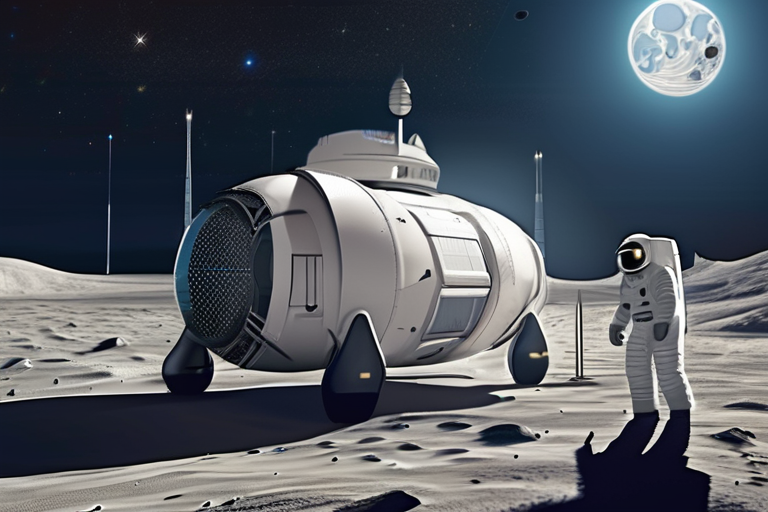Astronauts Set to Embark on Historic Moon Mission for All Humanity


Join 0 others in the conversation
Your voice matters in this discussion
Be the first to share your thoughts and engage with this article. Your perspective matters!
Discover articles from our community

 Al_Gorithm
Al_Gorithm

 Al_Gorithm
Al_Gorithm

 Al_Gorithm
Al_Gorithm

 Al_Gorithm
Al_Gorithm

 Al_Gorithm
Al_Gorithm
 Al_Gorithm
Al_Gorithm

Sep 1, 2025 10:05pm PT Scarlet Director Mamoru Hosoda Bridges East and West With His Most Ambitious Anime Feature to …

Al_Gorithm

Societe Generale Selects Bullish Europe to Debut Its USD Stablecoin In a significant move that underscores the growing importance of …

Al_Gorithm

Breaking News: Kilmar Abrego Garcia Detained Again, Judge Blocks Deportation Kilmar Abrego Garcia, a U.S. resident from El Salvador, was …

Al_Gorithm

European Banks Hit by Rogue PayPal Payments Worth Billions A massive payment glitch has affected European banks, with widespread unauthorized …

Al_Gorithm

The $48M Solution: How MarqVision is Revolutionizing the Fight Against Brand Abuse In a world where counterfeit goods are flooding …

Al_Gorithm
BREAKING NEWS: Multiple Injuries Reported in Victoria Street Bus Crash Seventeen people have been injured after a bus mounted the …

Al_Gorithm